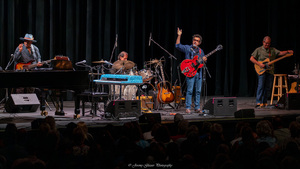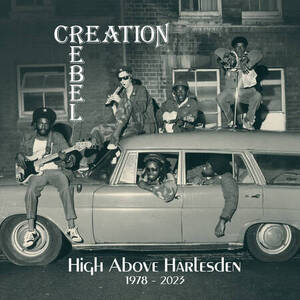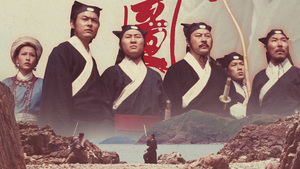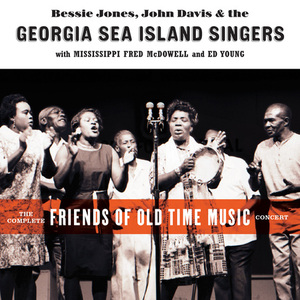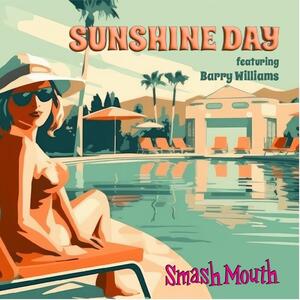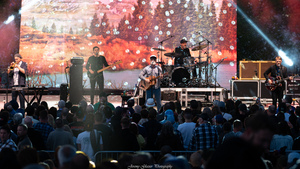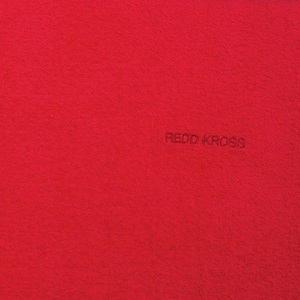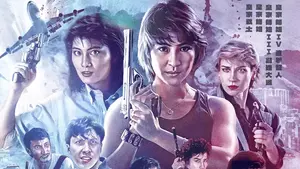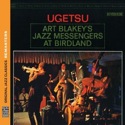
Art Blakey’s Jazz Messengers
Ugetsu
Riverside
One thing about jazz – it’s one of a few styles that lets the drummer lead the band. Here’s another – it’s where you can lead the band and never take a solo or a closing bow. This re-issue of Art Blakey comes from 1963, and era when optimism was in the air, American jazz was the coolest thing on the scene, and the quality of recorded audio had never been higher. With six tracks re-mastered from the orginal disc, this CD adds a few extras from the Ugetsu recording session. They flow seamlessly with Freddie Hubbard on trombone, Reggie Workman chugging along on bass, and Wayne Shorter on Tenor Sax. Behind it all you hear Blakey: complex rhythms pared down to a tap tap tap when something more critical is up front, rising subtly to fill the slower spaces in the brass, and highlighting that hint of Cedar Walton on piano.
While opener “One by One” is still a standard, it’s title cut “Ugetsu” that holds the heart of the album. It bounces along, poking and prodding ideas, sniffing at new melodies only to gently chew and discard them for something else just as riveting in the next bar of music. The title apparently translates from Japanese as either “Fantasy” or “Pale moon after the rain.” Either is fine by me; Eastern languages can be as just as flirty and obscure as Beowulf. “Time Off” might sound like a riff on “Take Five,” but it’s a harder working, more exciting run through the scales, time signatures, and asymmetric melodies of the jazz world. The other classic lurking here is “On the Ginza.” Set in a medium tempo, waves of brass rise and fall; Blakely’s drumming is present but almost an afterthought as the sax and trombone tussle over a deal on a high tech SLR camera at a Japanese grey market shop. As the song proceeds, what might have been a duet becomes more of an argument, but one where each side listens respectfully to the other before calling him “poopy head.” Jazz, if nothing else, is civilized.
The bonus tracks are a welcome addition to the Blakey library. “Eva” slows the pace down, drawing thoughts of cabaret singers and smoke out of the air as hidden drum rolls snake behind you. “High Priest” is more strident, and “Conception” offers its slightly dissonant piano and slinky melodic form as subtle frame for the rhythm, and while his instruments run as fast as they can, they have nowhere to go except deeper into the picture where we find Mr. Blakey, holding court from behind a screen – he’s front and center, even when you can’t hear him.
Concord: http://www.concordmusicgroup.com


